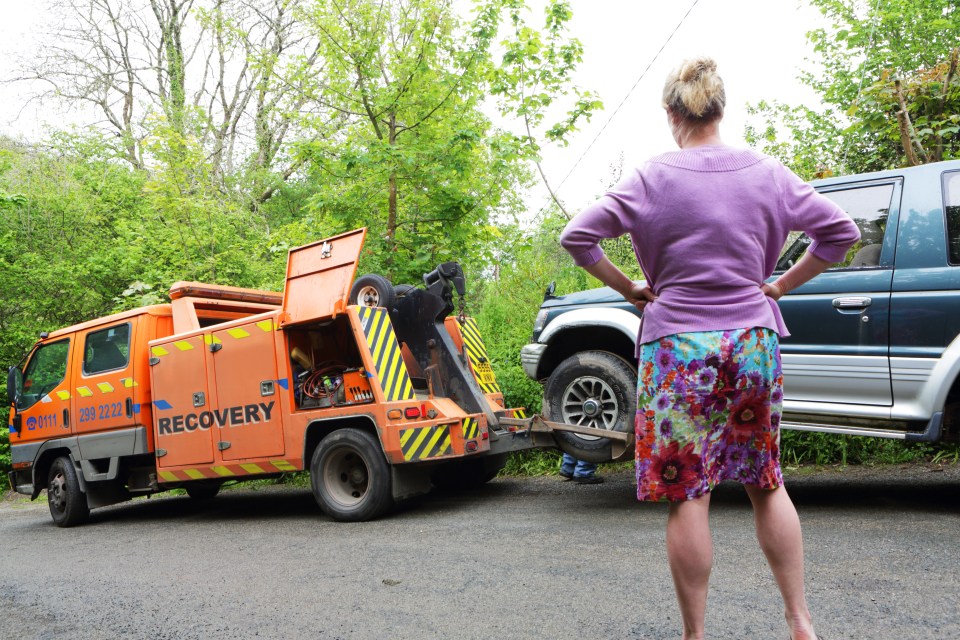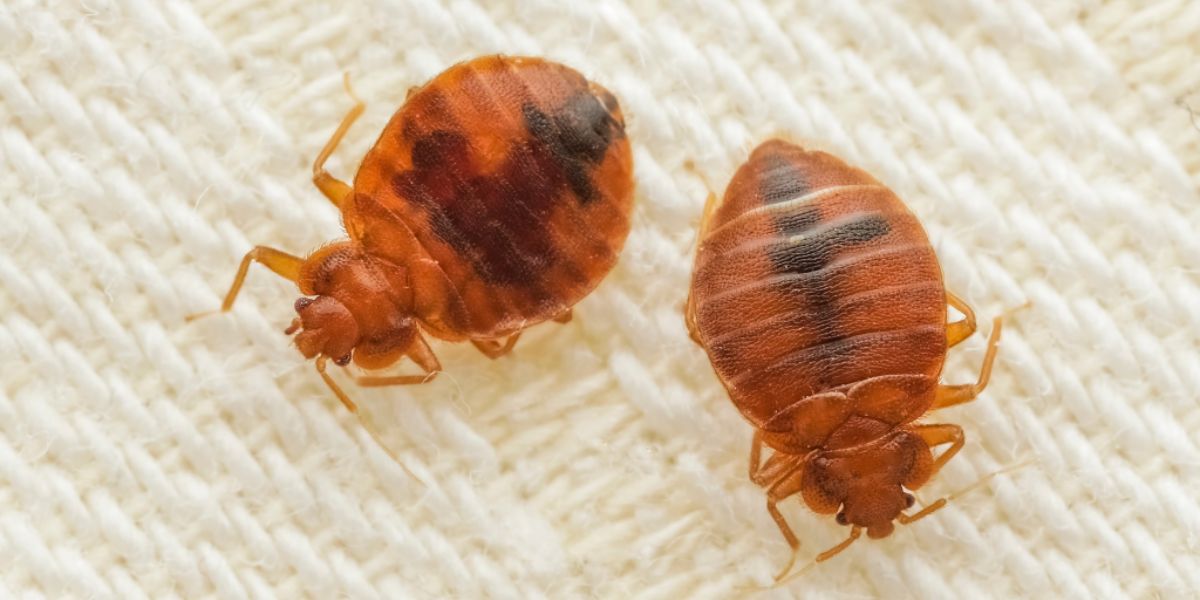New Jersey Ranked Among Worst for ‘Bed Bug’ Infestations!
New Jersey is dealing with a significant bed bug epidemic, giving it the unfortunate distinction of being one of the country’s hotspots for these persistent bugs. Bed bugs thrive in the state’s densely populated cities and bustling transportation centers, infesting homes, businesses, and public spaces.
With infestations on the rise, inhabitants confront the formidable task of controlling these nocturnal nuisances that avoid detection and flourish in the close confines of contemporary life.
Understanding the infestation
Bed bugs are small, elusive parasites that feed on human blood, causing itching and allergy symptoms. New Jersey’s dense population and tight quarters of apartment living create an ideal setting for these pests to grow and proliferate. The state’s busy tourism hubs and attractions, such as Atlantic City and the Jersey Shore, compound the problem, as bed bugs move on luggage, clothing, and other personal things.
The Impact on Residents
The increase in bed bug infestations has had a significant impact on the quality of life for many New Jerseyans. Reports of infestations have increased by 500% in the last decade, affecting homes, schools, movie theaters, and even government buildings. The psychological and financial toll on affected individuals and families is significant, with many battling to remove the infestation while dealing with the associated stress.
Legislative Responses and Treatment Options
In response to the mounting crisis, the New Jersey State Legislature has introduced legislation to protect tenants and hold landlords responsible for eradicating bed bug infestations. Treatment solutions vary, with professional extermination services frequently providing the most effective, but expensive, solution. For individuals handling the problem on their own, a combination of thorough cleaning, heat treatment, and the use of certified insecticides may be required.
Prevention and Education
Individuals, communities, and the state must work together to prevent bed bug infestations. Public education initiatives are critical for spreading awareness about how to detect bed bugs, recognize indicators of an infestation, and take proactive steps to prevent their spread. Regular inspections, adequate cleanliness, and early action at the first indication of bed bugs can help reduce the likelihood of a full-fledged infestation.
Final Words
Finally, New Jersey’s rising bed bug epidemic necessitates a coordinated effort to prevent, educate, and treat the problem effectively. The state’s commitment to legislative action and community awareness is critical to reducing the spread of these pests. As citizens and authorities work together, there is hope for reclaiming the comfort of homes and public spaces from bed bugs, restoring peace of mind, and protecting the health of all New Jerseyans.











